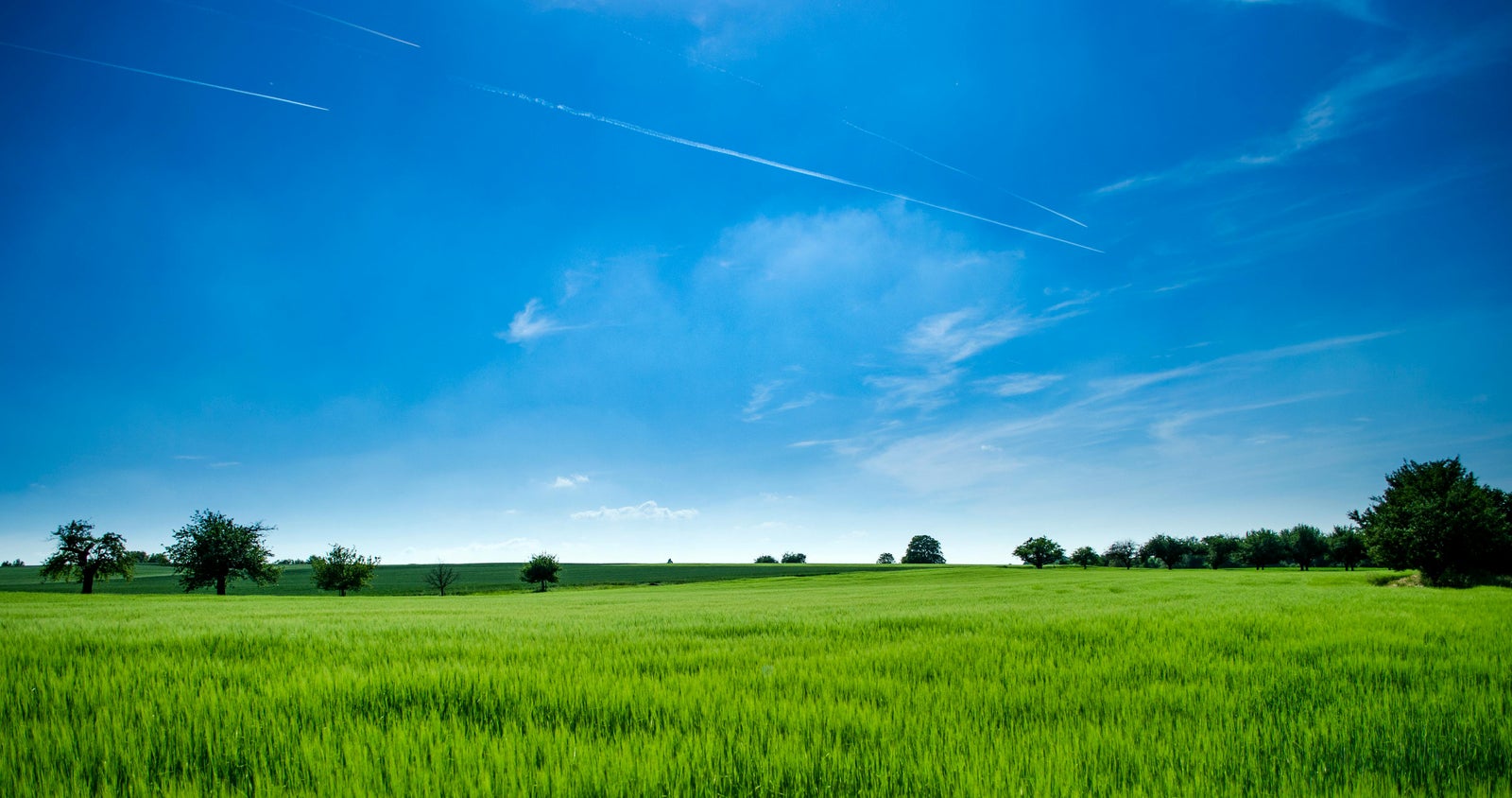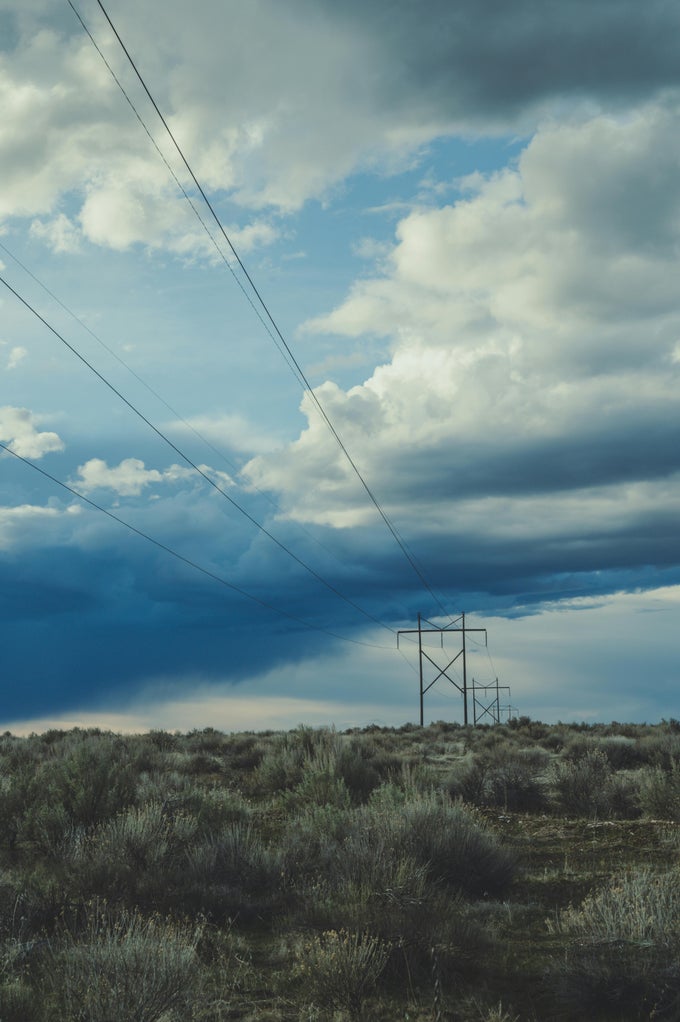

Buying vacant land in Canada can be a daunting prospect if you’re unfamiliar with the process. Though purchasing vacant land comes with its own set of risks, the rewards can be massive when the land is developed properly.
So, what do you need to know when it comes to buying vacant land?
What Types of Land Are There?
Vacant land: Vacant land is land that has been serviced or partially serviced. There may be some utilities at the site such as water, power, septic, etc.
Raw land: Raw land is land that has never been developed before. There will be no utilities or structures on the site. For this reason, raw land is often cheaper than vacant land.
A pro of buying vacant land is you can decide if you want to develop the property into something commercial or build your dream home on top of it. Because you’re starting with a clean slate, you get to choose how the land is developed.
What to Do Before Buying Land
Buying vacant land requires different due-diligence than buying a home.
Assess the value: Obviously, vacant land is valued differently than a property with a home. For this reason, it is helpful to get an opinion of value from a Realtor who has experience with vacant land. If you intend to use the land for commercial purposes, a commercial Realtor may be an even better choice.
Conduct a land survey: Land surveys are necessary to determine the legal boundaries and easements of the property. If there is no recent survey you can review (within the past couple of years), then you will have to conduct a new survey under your name. Hire a professional firm that deals with surveys to begin the process.


Perform a soil test: You won’t be able to build on the land if it fails a soil test. A soil test will help determine if the soil can absorb water, if it requires a septic system, if you can build on top of it, etc. A geotechnical engineer will need to conduct this soil test.
Soil tests will also determine if there is a gas line passing through the property, which would restrict the area you can build on.
It’s important to note that you can’t perform a soil test before buying the land, but you can include a contingency in your agreement of purchase and sale that states passing a soil test is necessary for the sale to go through.
Conduct a topographical study: Topographical studies are extremely helpful for your architect, builders, and engineers. They will need to know what materials to use for building, and will have to take into account things such as slopes.
Research environmental protections: Be sure that the land isn’t in an environmentally protected area before you buy.
Find out the restrictions: Before building, you will need to know restrictions on things such as building height, fencing requirements, etc.
Know the zoning: Every piece of land will be given a zoning code that determines what can be built there. It would be ideal if the land was already zoned for the purposes you intend to use it for, but if not, you can apply to rezone the land.
Avoid natural disaster areas: Some areas are more prone to natural disasters than others, especially in remote places. Be sure to research what kind of weather to expect in the region before purchasing a piece of land there.

Consider the Cost of Developing the Land

It’s a good idea to consider how much it will cost to develop the land before you purchase it. Here are costs you’ll need to factor in:
Utilities: Is the land near utilities such as power lines, a water main, and phone lines? You will need all these utilities whether building a commercial or residential property.
If you’re in the city, you’ll be able to use municipal water and sewers. However, if you’re in a more rural area, you’ll have to factor in the cost of a septic and well system. Your soil test will determine if this is possible.
If you must construct a well, you need to conduct water quality and flow rate tests. Like the soil tests, these cannot be done before purchasing, but can be included as conditions in your agreement of purchase and sale.
Financing
If you need financing to purchase the land, you have a few different options available to you.
Land mortgage: A land mortgage is similar to a residential mortgage, but with a land mortgage you’ll need to put down a bigger down payment and pay higher interest rates.
Construction mortgage: A construction mortgage loan provides short-term financing for purchasing land and building on top. Typically during construction, you’ll make interest-only or no payments based on the loan balance. Repayment usually doesn’t begin until 6 to 24 months after receiving the loan.
Agricultural loan: If you plan to use the land solely for agricultural purposes, then you can apply for an agricultural loan. For example, the federal government offers The Canadian Agricultural Loans Act (CALA) Program.
Tax
In Ontario, no tax is applicable to the sale of vacant land. However, this is not true for every province, so research your local tax codes before purchasing.
Whether you plan to use the land you purchase to build a commercial venture, agricultural land, or your dream home, it's important you understand what you’re getting into before buying a piece of land!
